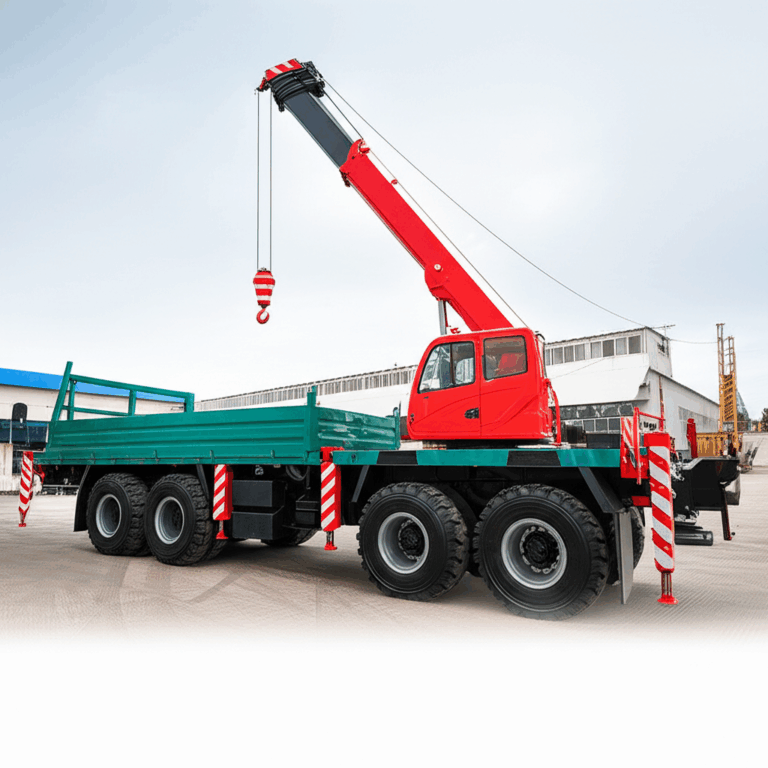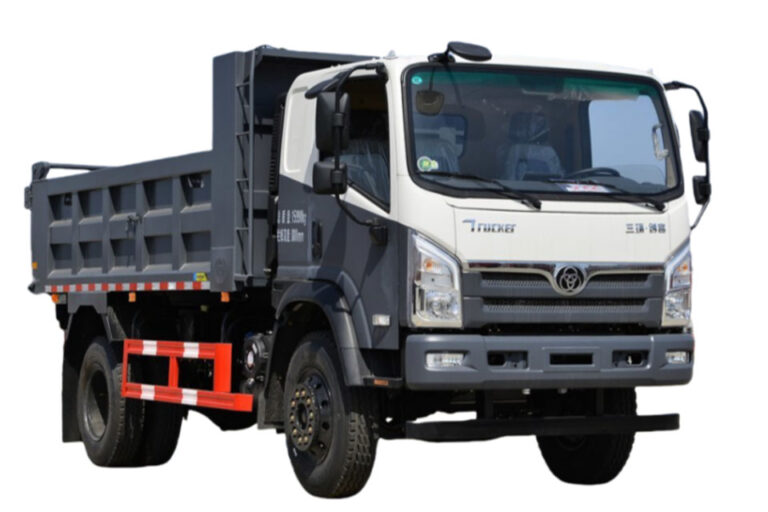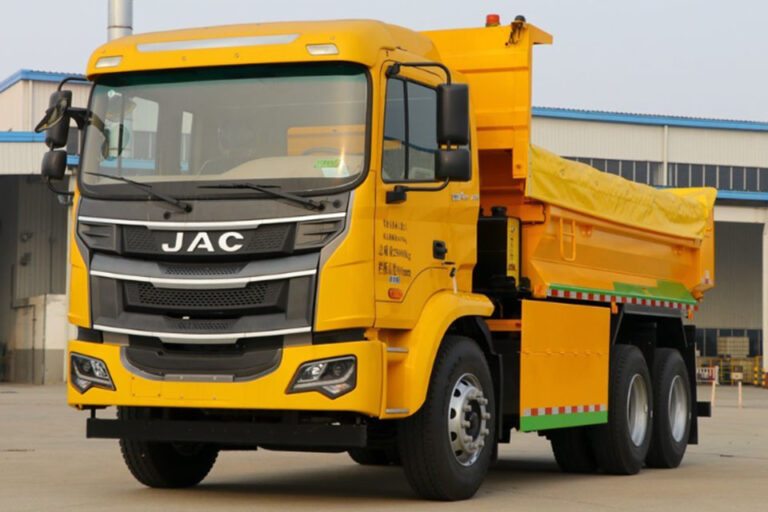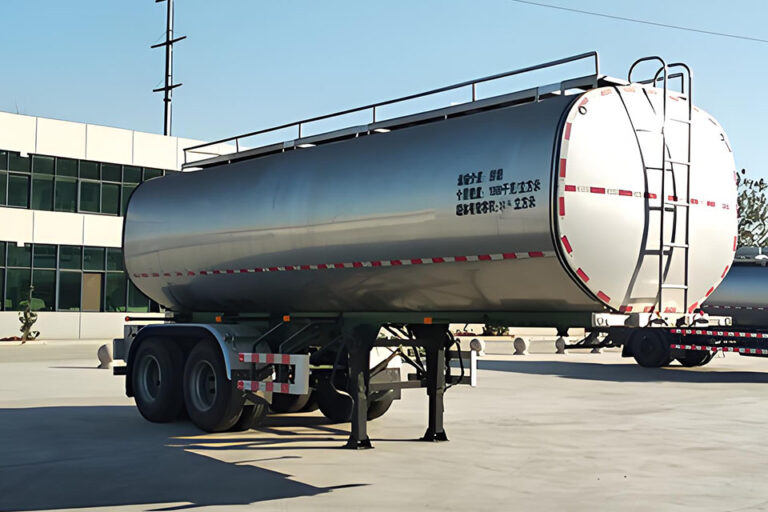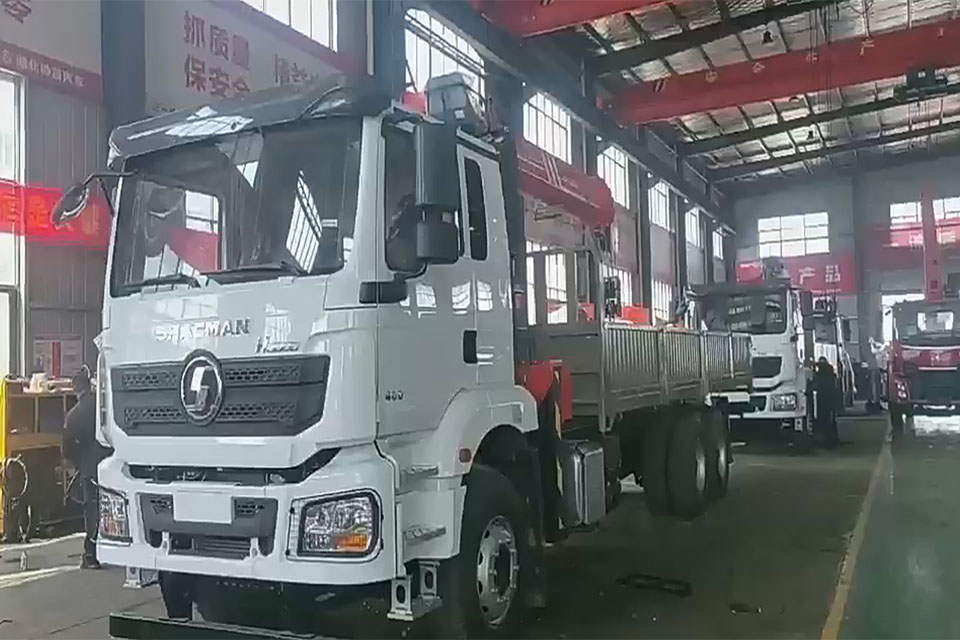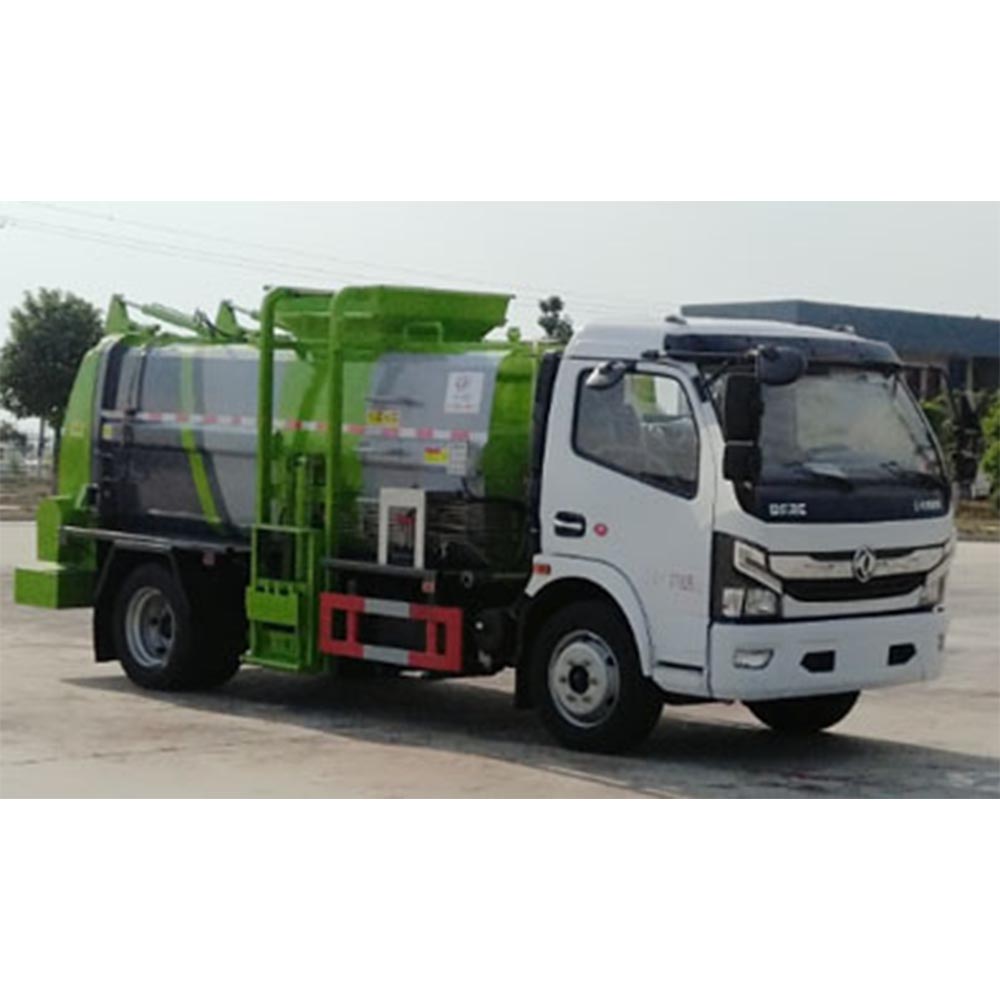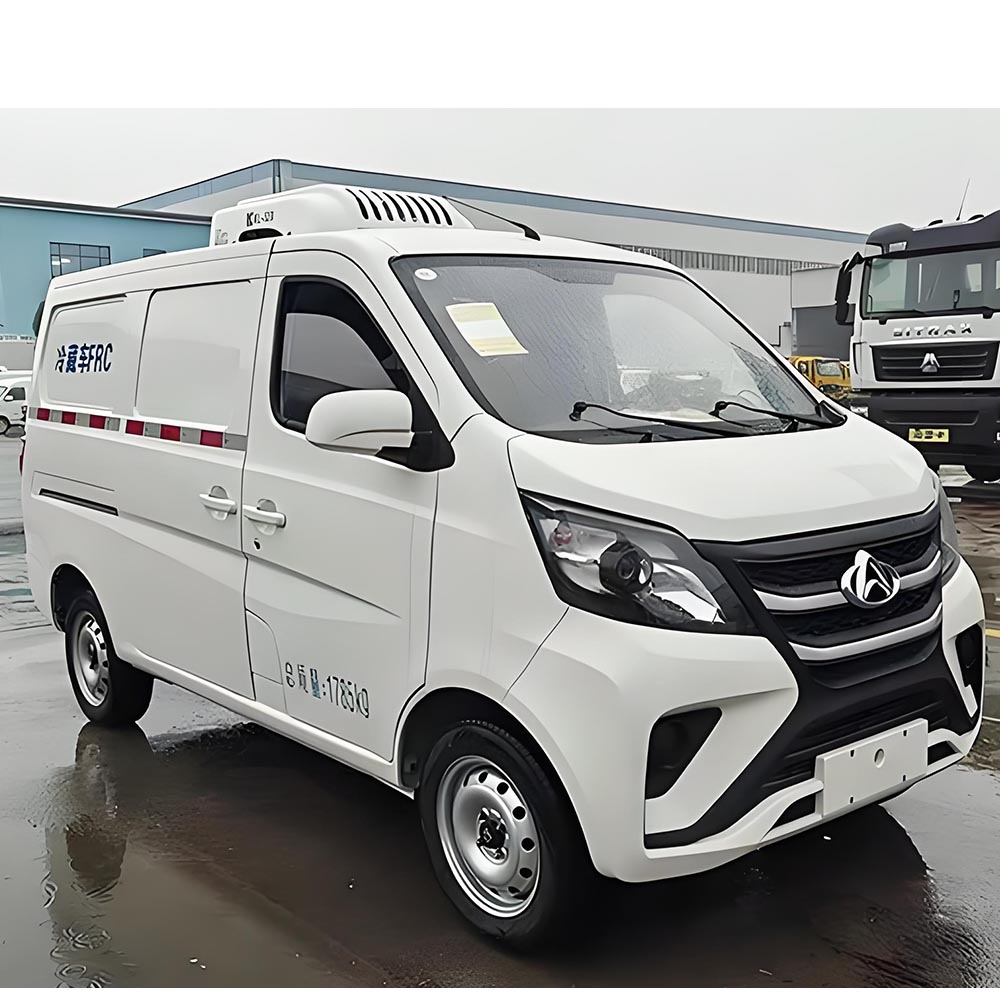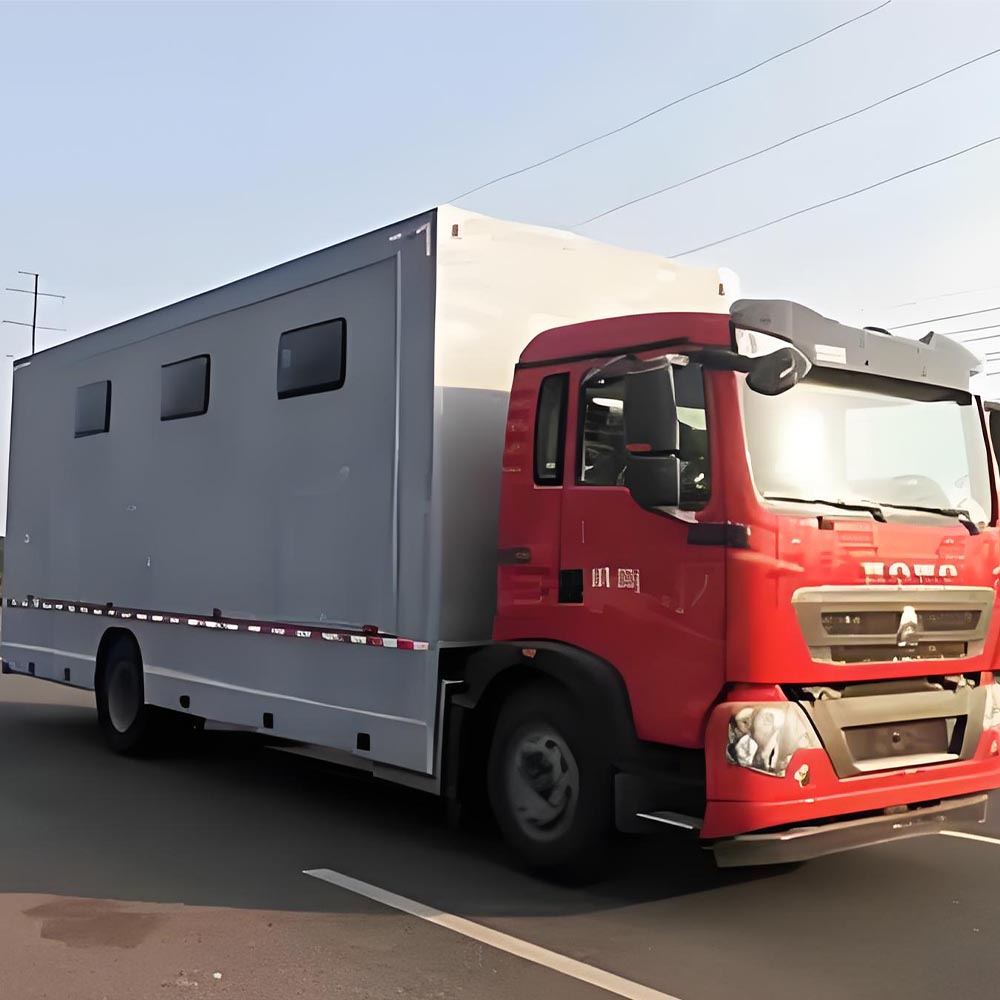-
Chengli Automobile Industry Park
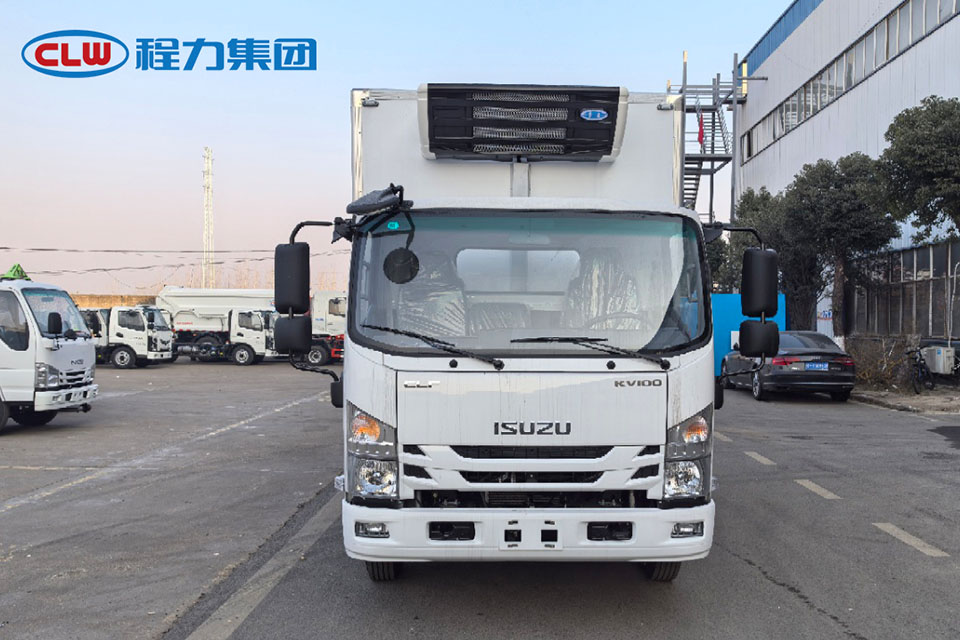
What are the Disadvantages of Refrigerated Containers?
What are the Disadvantages of Refrigerated Containers?
Refrigerated containers, also known as reefer containers, are special shipping boxes for keeping things cold. They use electricity to stay cold and are used to move food and other things that need to stay cool. But they come with some problems.
Table of Contents
1. High Costs
Reefer containers can be expensive. Buying them costs a lot, around $10,000 to $12,400 for new ones and $4,700 to $6,400 for used ones. Also, if you don’t own one, you might have to rent. Renting can mean you need to ask a company if they have one every time you need it.
- Upfront Costs:
- New: $10,000 to $12,400
- Used: $4,700 to $6,400
- Operation Costs:
- Need expert help to fix.
For more cost-effective cargo options, consider exploring semi-trailer trucks which offer versatile transport capabilities.
2. Regulatory Pressure
Regulations can be tricky. New rules in the U.S. say you must use a certain kind of refrigerant, with a Global Warming Potential (GWP) of less than 700. This can mean you need to change your equipment.
- Rules:
- Must use new kinds of refrigerants by 2025.
These new rules might be less of a hassle with emergency medical services that don’t depend on strict temperature controls.
3. Risk of Delays
Reefer containers might be late often. This can happen if they travel far, like around Africa, because it takes a longer time. Also, if workers at ports go on strike, it can mess up your plans.
- Delays:
- Longer trips mean longer delays.
For minimizing delay risks, trucks like mobile medical checkup vehicles can be a reliable option for maintaining tight schedules.
4. Cargo Limitations
These containers are not for everything. They are made for food and some medicines, but not for things like heavy machinery. This can mean they are not the best choice if you want to move a lot of types of cargo.
- Limitations:
- Cannot carry heavy machines.
Consider alternatives like tipper trucks which are suited for heavy and versatile cargo.
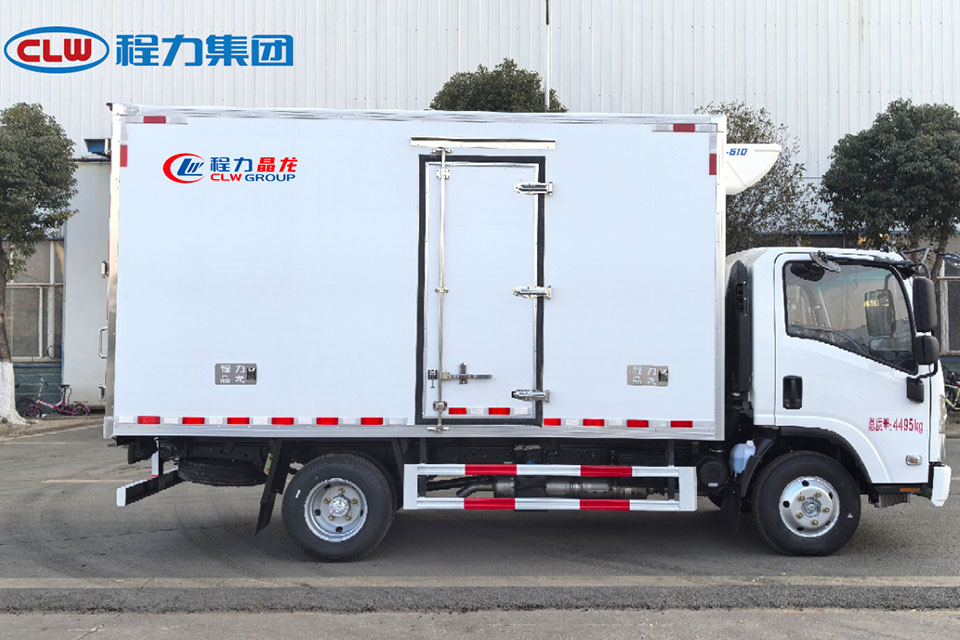
Reefer Container Disadvantages
Cost Breakdown
Key Challenges
High Costs
Regulations
Delays
Cargo Limits
Energy Needs
Data Table
| Challenge | Description |
|---|---|
| High Costs | New units costing upwards of $12,400; reliance on rentals adds to overhead, reducing flexibility. |
| Regulatory Pressure | New refrigerant rules starting in 2025 necessitate upgrades. |
| Delays | Extended transport routes lead to higher delays; port strikes exacerbate issues. |
| Cargo Limitations | Incapable of transporting heavy machinery or non-perishable items. |
| Energy Needs | Requires specialized power; loss of power can spoil cargo. |
| Temperature Control | Even small temperature changes can ruin goods. |
| Market Control | A few large firms dominate, making entry hard for small businesses. |
5. Energy Needs
You need electricity for reefer containers. But they use special power, so not all places can use them. If the power goes out, what you’re carrying might go bad.
- Needs:
- Need special, strong power.
- If the power goes out, items might spoil.
Explore modern solutions like battery-powered ambulances for transport with better energy efficiency.
6. Temperature Control
Keeping the right temperature is important, and sometimes hard. If it goes too low or too high, things can go bad quickly.
- Control:
- A bit too much change can spoil things.
For precise temperature management, vehicles like vaccine transport vehicles are designed for stable cold chain logistics.
7. Market Challenge
Big companies control the market for reefer containers. This can mean small companies have a hard time getting in.
- Market:
- Big companies own most of it.
Data Table: Refrigerated Container Issues
| Challenge | Description |
|---|---|
| High Costs | New units up to $12,400; dependent on rentals. |
| Regulatory Pressure | New refrigerant regulations begin in 2025. |
| Delays | Longer routes increase delay risk; port strikes worsen this. |
| Cargo Limitations | Inadequate for heavy machinery or non-perishables. |
| Energy Needs | Requires special electricity; power outages cause spoilage. |
| Temperature Control | Minor temperature deviations spoil items. |
| Market Challenge | Dominated by large companies, restricting small entrants. |

